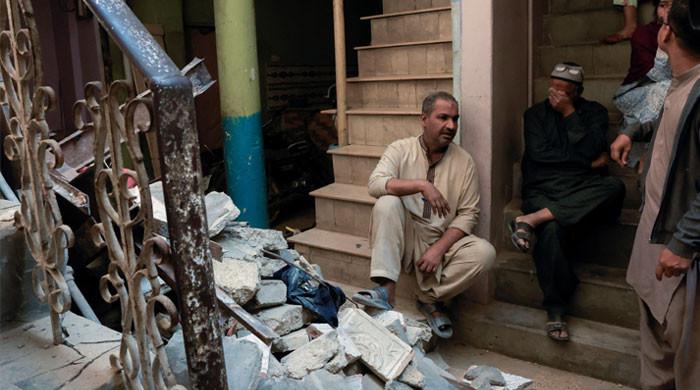Bahria University orders gender segregation in classrooms, group projects
Bahria University also wants students not to have breaks between classes
September 14, 2019

Bahria University has ordered teachers to ensure that male and female students sit separately in classes, according to a notification issued by the university registrar dated August 30.
The notification directs varsity authorities to arrange separate leisure visits for male and female students, and to discourage the formation of groups for academic work with both male and female members.
The bizarre notification does not end there, but also wants the university administration to minimize the movement of students from one building to another in the university.
In order to achieve that, the university has decided to abolish breaks available to students between classes. A directive to increase the academic workload of students has also been issued to staff.
It is not immediately clear whether the notification will be applicable across all the Bahria University campuses in the country, or is specific to just one campus or city.
The notification has been shared widely on the social networking platform Twitter, with users mocking the blatant attempt at gender segregation and calling out the university administration for biased policies.
Earlier this month, the University of Engineering and Technology (UET) in Lahore had come under fire on social media for deciding to separate the sitting arrangements for male and female students.
According to a notification signed by the Deputy Registrar at UET Lahore, the university directed the administration to make separate sitting arrangements for male and female students in the cafeteria.
However, reports later suggested that the university had decided to withdraw the notification amid widespread outrage. Independent verification of these reports was not possible at the time.
Policies outlined in both the notifications are already widely implemented in most universities across Pakistan, if only informally. Some universities also have strict dress codes for women.
It remains to be seen whether the withdrawal of the notification heralded a change in informal policy already strictly implemented, or is just a gimmick designed to turn media attention away from the incident.











